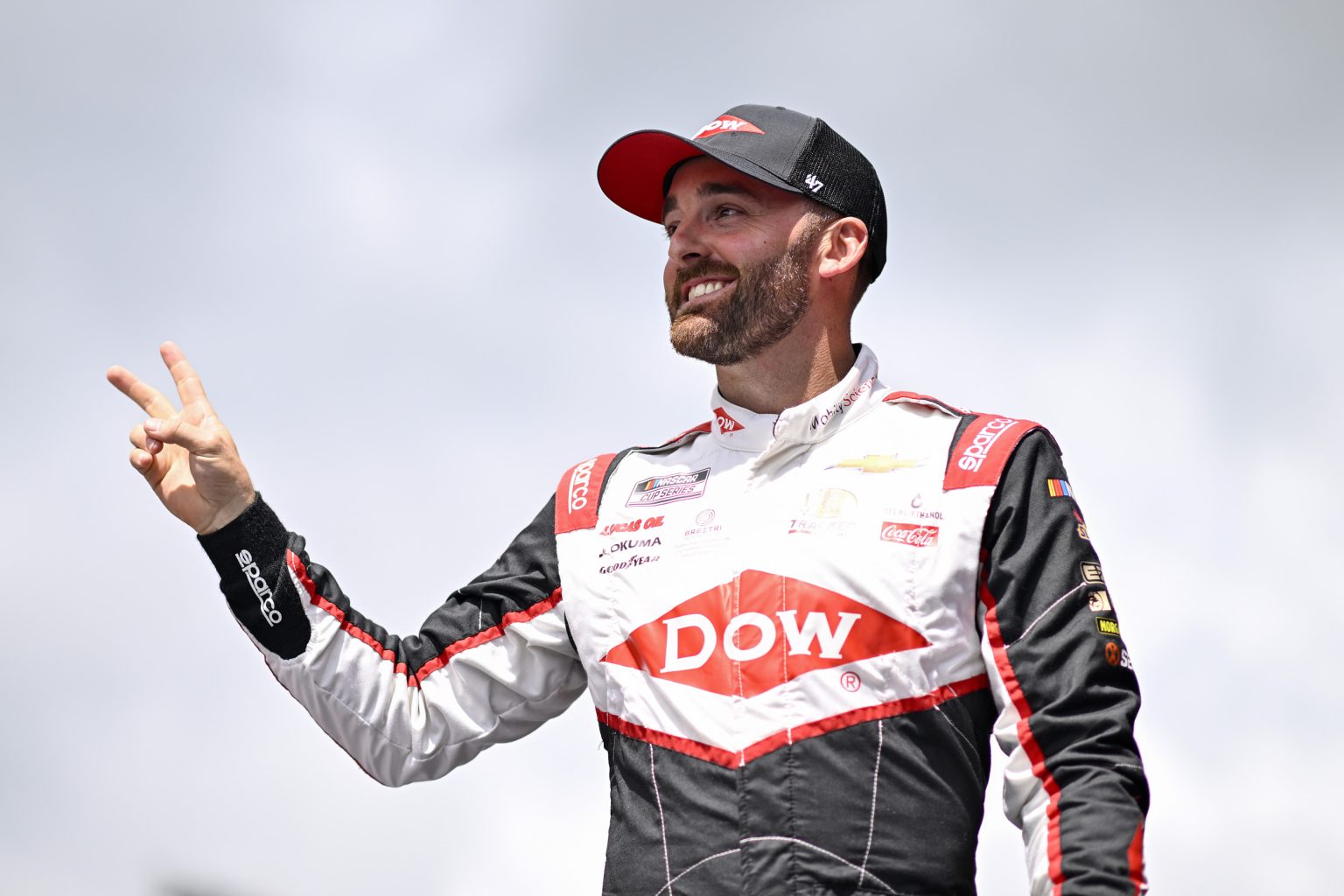Austin Dillon faced backlash at the FireKeepers Casino 400 following a controversial incident at Richmond where he intentionally wrecked Joey Logano and Denny Hamlin. Despite the boos from the crowd, Dillon embraced the villain role by blowing a kiss. NASCAR responded by stripping him of his place in the playoffs and deducting 25 points from his standings. This decision has been met with mostly unanimous agreement from other drivers, but Dillon and his team have decided to appeal these penalties.
The appeal process in NASCAR operates differently from traditional judicial systems, working on a burden of proof principle rather than beyond reasonable doubt. This requires NASCAR to show that a violation likely occurred and that the imposed penalty aligns with the rules. Dillon expressed optimism and anticipation for the upcoming appeal, comparing it to a trial and emphasizing the importance of presenting his side of the story. He also referenced Denny Hamlin’s public relations strategies, indicating his determination to secure Richard Childress Racing’s place in the playoffs through the appeal process.
How NASCAR handles this incident will have significant implications for the future of the sport. The decision on Dillon’s appeal could set precedents for how violations are adjudicated and punished moving forward. With stakeholders closely watching the outcome, the appeal process will be a critical moment for Dillon and the Richard Childress Racing team. The severity and formality of the process and the potential impact on Dillon’s standing in the playoffs highlight the importance of a fair and thorough evaluation of the situation.
The controversy surrounding Dillon’s actions at Richmond and NASCAR’s response reflect the complexities of competitive sports and the expectations placed on athletes to uphold certain standards of behavior. Dillon’s willingness to embrace the villain role and defy his critics adds another layer to the narrative, showcasing the complexities of the relationships between drivers, teams, and fans in NASCAR. As the appeal process unfolds, the sport will be under scrutiny for its handling of the situation and the implications it may have for future incidents.
The reactions from fans, drivers, and NASCAR officials demonstrate the passionate and sometimes contentious nature of the sport. While booed by the crowd, Dillon’s actions have sparked discussions and debates within the NASCAR community, highlighting the nuances of sportsmanship, competition, and consequences for misconduct. The appeal process will provide a platform for Dillon to present his case and seek a fair resolution, with the eyes of the racing world focused on the outcome and its potential impact on the sport as a whole.
In conclusion, Austin Dillon’s controversial actions at Richmond and the subsequent penalties imposed by NASCAR have set the stage for a high-stakes appeal process that will determine his fate in the playoffs. The implications of this process reach far beyond Dillon and his team, affecting the way violations are handled in the future and shaping the image of the sport. As Dillon prepares to present his side of the story and fight for his team’s place in the playoffs, the NASCAR community awaits the verdict with anticipation and speculation, aware of the significance of this moment for the sport and its integrity.








